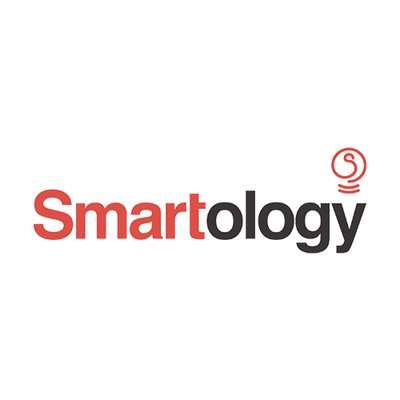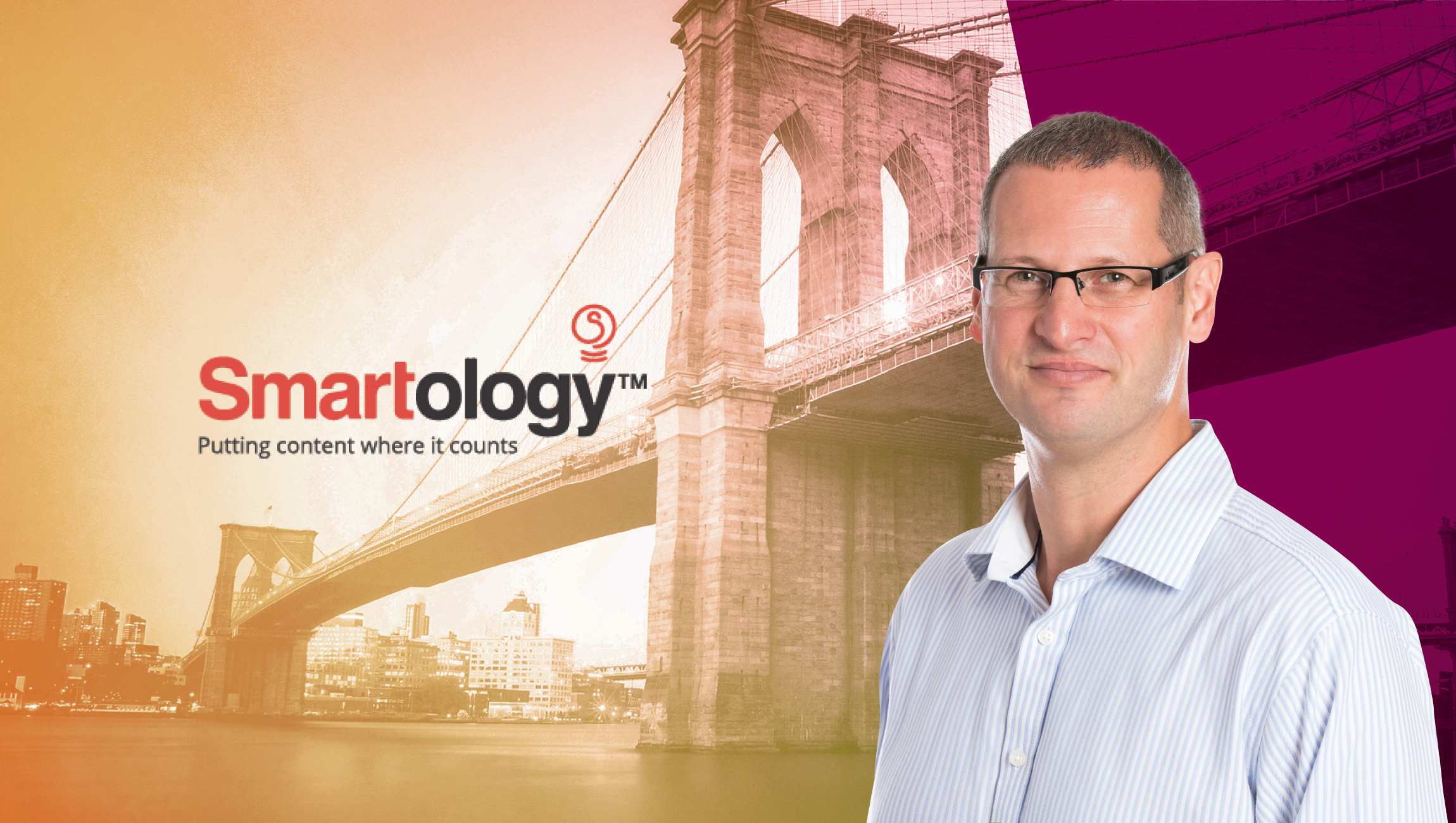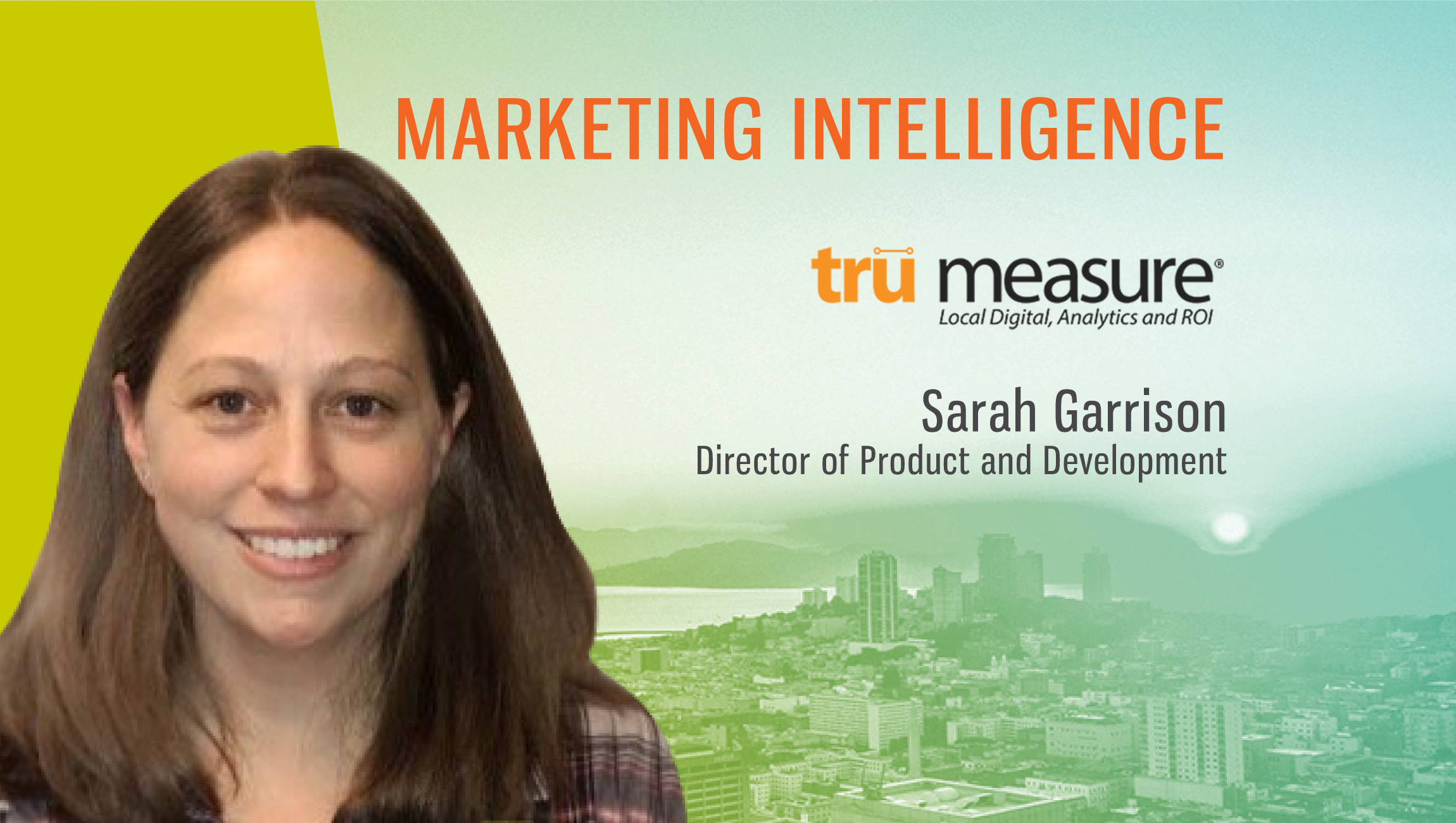Tell us about your role and journey into technology. What galvanized you to join Smartology?
In my first role, I was working with technologists at the London Stock Exchange and was implementing various solutions for some of their internal systems, which disseminated news to the market.
I had known about Smartology from my time at the Financial Times and heard they were creating an original product, which had the potential to change the dynamics of advertising with premium publishers and could have a real impact in the market.
How do you prepare for the highly disruptive programmatic advertising ecosystem?
The best way to cope with disruption is to be disruptive yourself.
I attend seminars and webinars or read the resulting literature to understand these disruptions. The key is to keep an open mind and continually progress with the changing times.
What is the current state of digital commerce in the programmatic advertising industry?
The industry shift to programmatic has been instrumental with an excess of 80% of digital ads being served programmatically in the US in 2018. What is particularly interesting this year and important for digital commerce within programmatic is the significant move from trading in the open exchange to private marketplace deals which offer greater transparency. ExchangeWire reported earlier this year that ad spend for programmatic direct grew to match investment in real-time bidding (RTB) and in 2018 the buying method is on course to make up 52% of UK programmatic budgets — a 343% increase since 2015.
This suits us well at Smartology where we firmly believe in a transparent approach to spending media budget across quality brand safe publisher sites.
Alongside this, the arrival of GDPR in Europe this year has given the industry a lot to consider and while there has been a shift of focus around the importance of privacy highlighted by California’s plans to implement their own regulation, the EU is on watch to see how regulators in each country start to enforce GDPR. Legal precedent across the 28 countries in the coming couple of years as well as an increase in citizen’s understanding of how their data is being used will both be key indicators on how this will affect the programmatic advertising industry going forward which has traditionally relied heavily on third party cookie data. We believe that contextual advertising, which does not involve processing user data, will, therefore, see significant growth between now and 2020.
How do you collaborate with your CEO, CMO and CPO? What impact does your expertise have on the marketing budgets at Smartology?
We are a collaborative company, so the CEO and CTO work with me and the team on various marketing strategies, to develop a universal approach.
As a COO, I am also responsible for driving the marketing efforts for the company. This could range from work we do on our own properties, such as our website or newsletters, to how we push content out via various means to our clients.
How do you see the European programmatic industry growing compared to American markets?
Overall the European programmatic Industry is onOverall the European programmatic industrye of the most advanced in the world, so it will continue growing at pace and will stay at the forefront of the adoption of programmatic, helping drive innovation and better solutions.
Clearly US budgets generally continue to be larger than those in Europe, which results in richer data to use for analyzing performance and optimizing campaigns. Adoption of programmatic in advanced markets such as the UK, France and more recently Germany has increased dramatically over the past two years with the IAB reporting that 50% of all digital ads across Europe will be served programmatically this year with the UK leading the field at 80%.
How much have Business operations changed since the arrival of Automation and BI/analytics tools? How do you leverage these tools in your work?
For a high-growth company such as ours, these are brilliant tools helping us move away from multiple systems and spreadsheets. We are currently implementing Adaptive Insights, a BI tool that will assist us with forecasting and modeling.
Which marketing and sales automation tools and technologies do you currently use?
We mainly rely on Salesforce to drive both sales and marketing activities, combined with widely available platforms such as Mailchimp and LinkedIn.
What are the core tenets of your business development model? How Smartology add value to digital transformation journeys for businesses?
The core tenets of our offering are around increasing ROI for companies by helping amplify the content they are producing, to a broad, high-quality audience. We use content, which is being created by companies, in dynamic ad creatives. Some of our clients’ most successful campaigns have used over 100 branded content items — we match this content with the most relevant article from a publisher to then serve an ad. We offer contextual advertising to brands, in a GDPR compliant and brand-safe environment, on premium media platforms to increase engagement.
How often do you measure the performance of your marketing analytics and sales reporting?
It is a constant process. We continuously monitor our marketing activities to ensure they are hitting the mark and fulfilling the expectations of our clients. We also offer a live dashboard service to our clients to view the performance of their campaign in real time.
For instance, where we are working with Twitter and have multiple campaigns running to get our messages out there, we use their dashboard to monitor the performance of the campaign and adjust in real-time.
What are your predictions on the most impactful disruptions in marketing operations for 2018-2020?
I think it all comes back to data. The most successful marketing teams and campaigns are using data analytics and are not just collecting data but actually understanding it.
Most of our clients are moving towards analyzing post-click data such as dwell time, user journey and bounce rates, so tools which catalyze these are going to be key.
What startups in the technology industry are you watching keenly right now?
I love Monzo, who are disrupting the banking industry.
Could you tell us about an outstanding digital campaign? (Who was your target audience and how did you measure success?)
We have delivered many outstanding campaigns so it is difficult to narrow it down to just one, but if I had to, I would choose one of our longest-standing clients, Mishcon de Reya. They generate a lot of legal content on their digital properties that we use to update their creatives regularly. (This is the best way to make optimal use of contextual advertising).
The aim has been around brand recognition and awareness. Results of the campaign have been outstanding, and the CTR (Click Through Rate) is around ten times the industry average.
How do you prepare for an AI-centric world as a technology leader?
If as suspected we will find ourselves in a more AI-centric world, the key will be to work responsibly with technology in harmony with human input, ensuring it creates efficiencies and works to our advantage. We should concentrate on the positives that AI will bring.
How do you inspire your people to work with technology?
By using it in the right way myself and passing on those learnings.
One word that best describes how you work.
Smart.
What apps/software/tools can’t you live without?
Google Drive and Apps / Whatsapp / Citymapper / Spotify
What’s your smartest work-related shortcut or productivity hack?
Agile — although it’s used mainly for development teams, many of the practices and techniques can be used by non-technology teams or departments. For example, I have spoken to people about using a Kanban board to help with managing projects, reducing blockers and raising the visibility of tasks.
What are you currently reading? (What do you read, and how do you consume information?)
I guess I should be reading a book about business and processes, but it is actually Dan Brown’s ‘Origin’.
What’s the best advice you’ve ever received?
Sometimes you won’t know everything about a certain project or piece of work – but know enough to be able to answer questions and don’t be afraid to say you need time to look into things in more detail.
Something you do better than others — the secret of your success?
Rigour — once I decide to do something I always do it thoroughly and to completion.
Tag the one person (or more) in the industry whose answers to these questions you would love to read:
Andrew Casale, President and CEO of Index Exchange.
Would you like us to recommend you as a Speaker to conferences relevant to your technology?
Absolutely!
Thank you, Gary! That was fun and hope to see you back on MarTech Series soon.
An accomplished digital strategist and operations professional with over 15 years experience in online businesses. I have extensive experience of leading global teams of account and product managers, delivering projects and developing market leading solutions for both B2C and B2B markets.

Focusing on the rapid growth in content marketing, Smartology provides a key distribution channel for global brands to disseminate their content and thought leadership across premium media owner sites according to relevancy.
Headquartered in London with a presence in the US and Asia, Smartology has run campaigns for over 70 of the world’s largest brands across global premium media owners including FT.com, NYTimes, Reuters, The Economist, Wall Street Journal, Bloomberg, BBC and many more.
Smartology’s branded content distribution solutions including, SmartMatch, SmartStream and SmartMobile break new ground by semantically profiling client’s branded content and dynamically serving these in ad units alongside relevant premium media owners’ articles. This has resulted in record engagement and click through rates for branded editorial, white papers and video content.
Smartology’s base technology takes advantage of machine learning and Natural Language Processing – a field of computer technology that engages with the interaction between natural (human) and computer languages.
The MTS Martech Interview Series is a fun Q&A style chat which we really enjoy doing with martech leaders. With inspiration from Lifehacker’s How I work interviews, the MarTech Series Interviews follows a two part format On Marketing Technology, and This Is How I Work. The format was chosen because when we decided to start an interview series with the biggest and brightest minds in martech – we wanted to get insight into two areas … one – their ideas on marketing tech and two – insights into the philosophy and methods that make these leaders tick.











